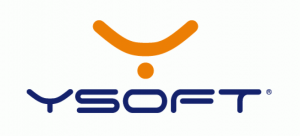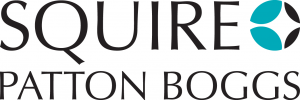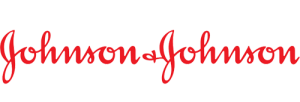Czech companies try to distinguish themselves from their competitors through remuneration
4.11.2008Company: PricewaterhouseCoopers Česká republika, s.r.o.
Czech companies are starting to use salary surveys to create a more focused remuneration policy and to distinguish themselves from their competitors. For managerial and professional positions, the wage level in the sector is the determining factor, while for blue-collar and administrative positions, it is the level of wages in the region.
According to the annual survey PayWell 2008: Effective Management, Effective Reward developed by the Human Resource Services department of PricewaterhouseCoopers, the performance part of a salary constitutes 17% (Czech market median) of wage costs. In Europe, this proportion is around 12%. The largest part of salary performance constitutes the performance bonus, which is provided by more than 80% of surveyed companies. This bonus is mostly based on individual performance. A relatively high percentage of companies also provide ad-hoc rewards (68%) or innovation pay (40%).
"Generally, a higher variable salary component is typical, especially for local companies. It is one of the tools to support a performance-oriented corporate culture. It is also a way of working with fixed and variable costs. However, a higher risk reward profile, with a greater proportion of non-guaranteed part of wage, is not suitable for all types of sectors or employee populations," said Katarina Smrčeková, Senior Manager of Human Resource Services, PricewaterhouseCoopers Czech Republic.
In 2007, wages were increased by an average of 5.6%, while inflation was 3%. The average wage increase scheduled for 2008 is 6.5%, which merely copies inflation.
Remuneration differences by region attain 22%. Traditionally, the highest wages are in Prague, even if the gap has been narrowing from the national average (now 9% above the national average). The lowest wages are in the Moravia-Silesia region (13% below the national average).
In terms of industries, the pharmaceutical industry attains the highest average wage levels (17% above the average of all monitored sectors) followed by financial services and insurance (9% more).
Unlike previous years where the value increased, this year the annual value of employee benefits per employee costs remained at around CZK 18 300. This year, the proportion of firms that offer employees a system of flexible employee benefits (so-called cafeteria system) has increased from about one-fifth to one-third. The typical cafeteria menu includes sports, social and cultural events, higher health care, life insurance, and recreation. The vast majority of these firms (93%) offer flexible paper vouchers for the selection of services.
Notes:
146 companies participated in the comparative study PayWell 2008: Effective Management, Effective Reward
The PayWell study is composed of three parts:
- Salary statistics (job pages) for each job.
- An interactive company comparison, including a salary market comparison, for each participant.
- Total comprehensive report.
The PayWell study is prepared by PricewaterhouseCoopers´ Human Resource Services department. The services provided by this department include: support to Czechs working abroad and foreigners working in the Czech Republic; proposal, structuring and implementation of reward and benefit policy systems; employee taxation; HR solutions following acquisition or merger integration; strategic management approach to HR; effective management of employees.
www.pwc.cz







